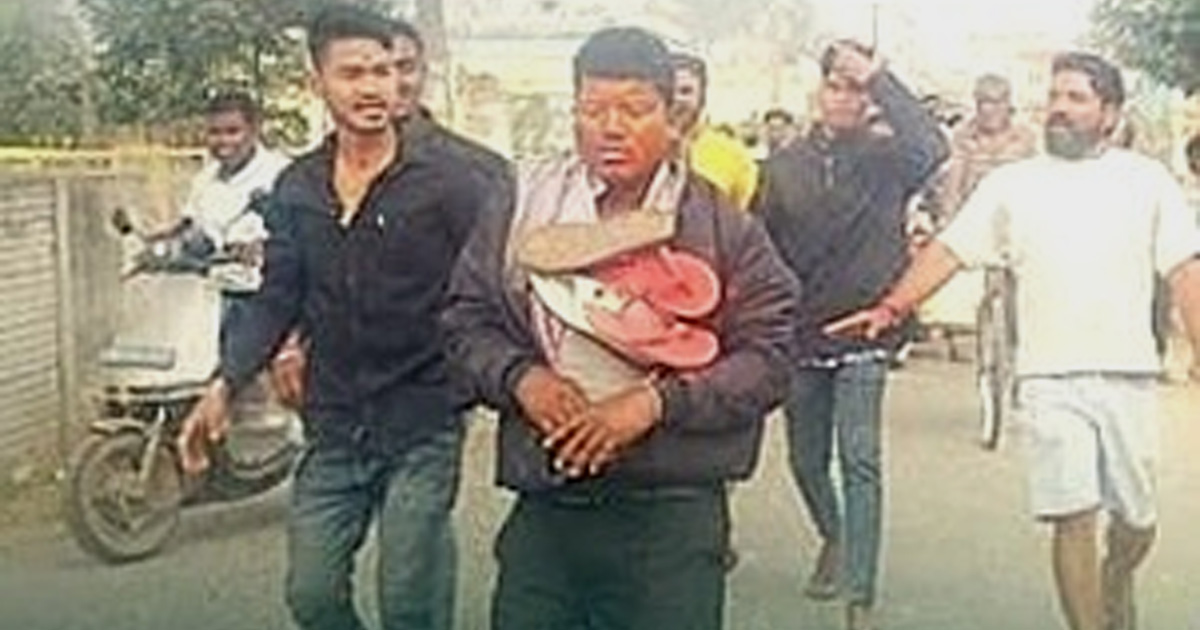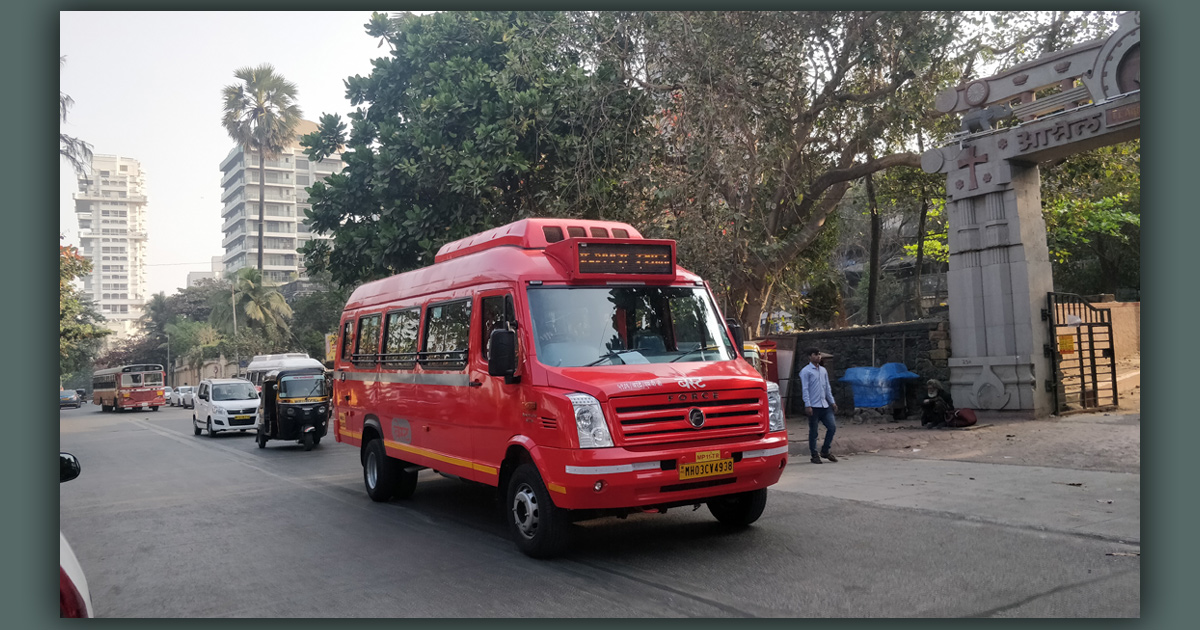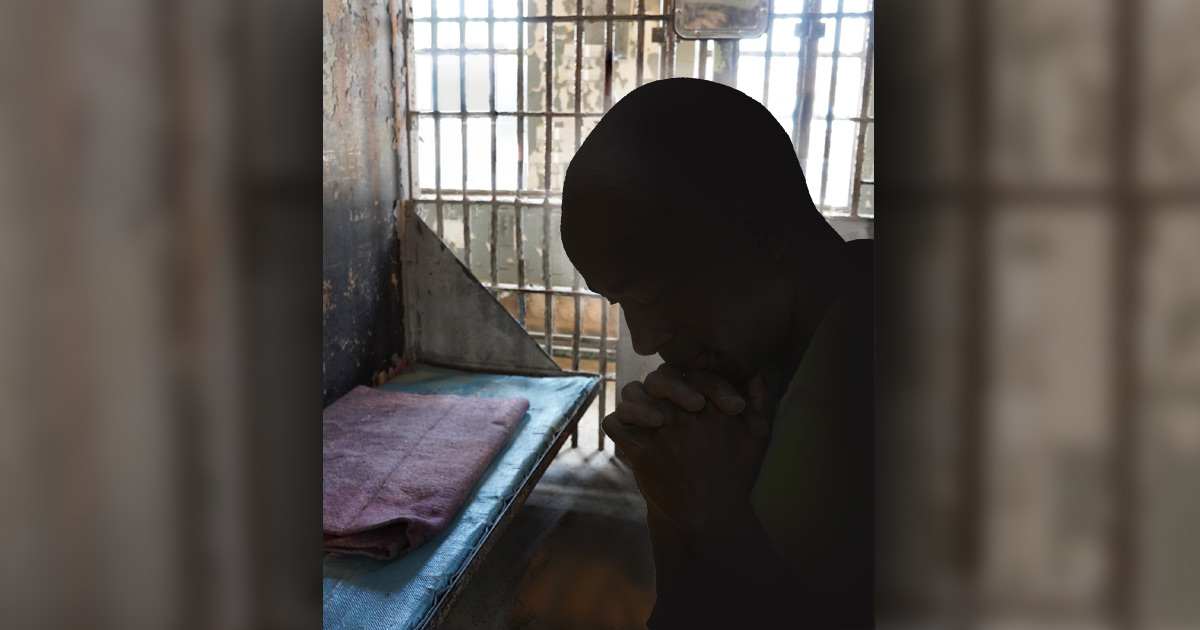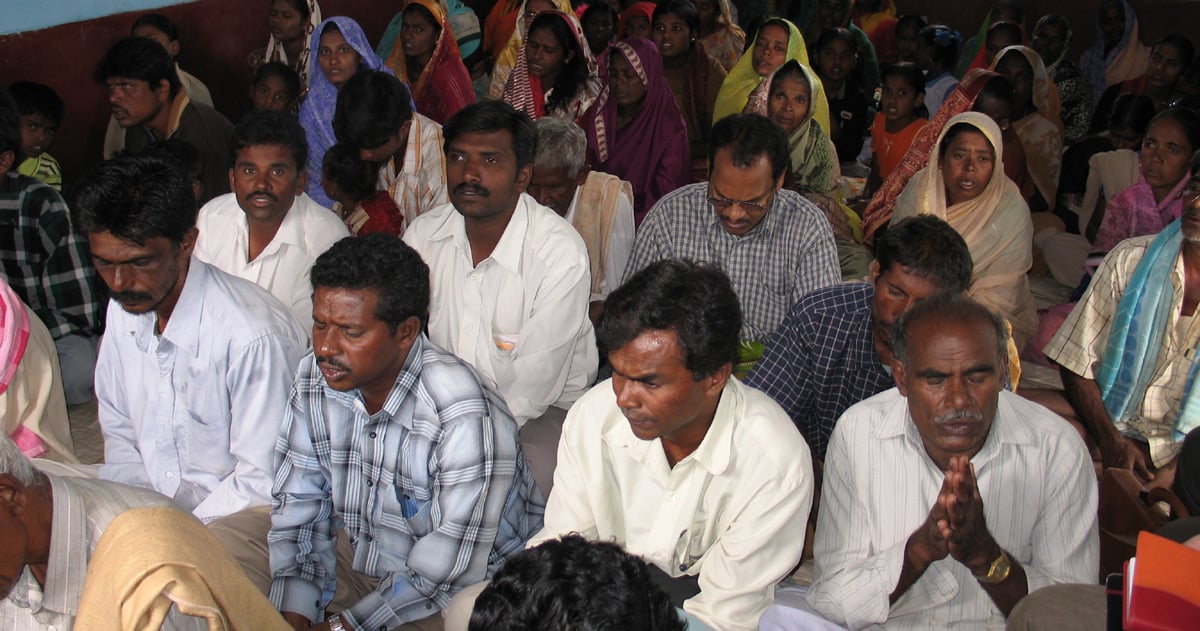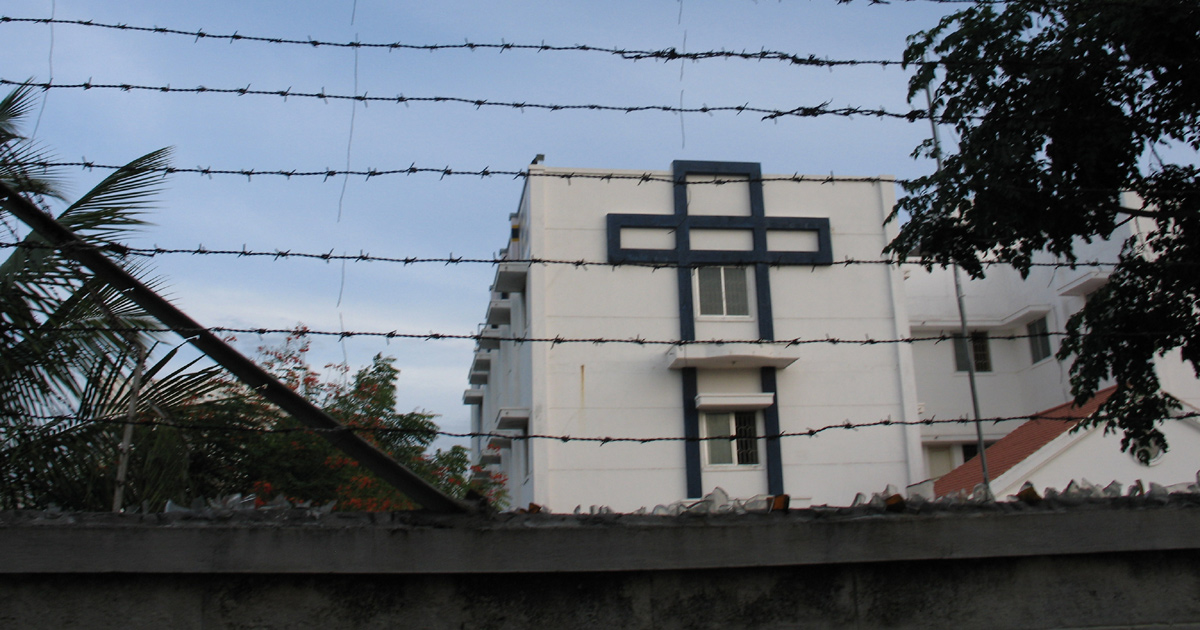
Photo: VOMC
Four Christians, including two pastors, were jailed on false charges of conversion activities in Madhya Pradesh's Betul district on February 19th. According to the complaint, Raju Bhalavi and his wife Ruth had thrown a "mutton party" in their home village of Udama. Denny Paul and Cybus Ivne, who had been visiting from the neighbouring state of Maharashtra, were among the guests.
During the party, the accused believers allegedly spoke against both Hinduism and local tribal beliefs. Police officers arrived at the gathering and took seven Christians to the police station. When a local Christian leader went to the station to intervene, he received death threats from members of the police, as well as a group of protestors who had gathered outside the building.
The four mentioned believers have been charged on accusations of "deliberate and malicious acts intended to outrage religious feelings of any class by insulting its religion or religious beliefs." The authorities have confiscated Bibles and other Christian literature as evidence. Four other Christians in the state faced similar charges five months ago and spent 15 days in jail before being released on bail. This type of complaint against Christians has escalated since the government of Madhya Pradesh instituted anti-conversion laws in January 2021. For more information on the persecution of Christians in India, go to our country report.
Pray that the truth will prevail in this most recent case against the followers of Jesus who are presently being imprisoned due to false allegations. Ask the Lord to continue making His presence known in and through the lives of these persecuted believers. As Christians in Madhya Pradesh seek to navigate the restrictions established by the oppressive anti-conversion legislation, please pray that they will continue to wisely and fearlessly preach the Gospel.

 Population
Population